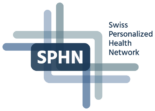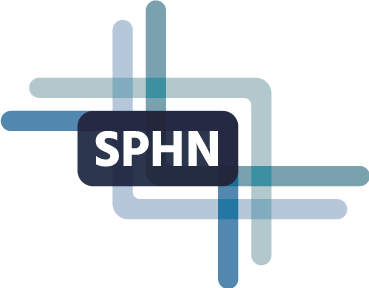14 March 2024
The Swiss Personalized Health Network (SPHN) initiative coordinates the development of infrastructures for the responsible use of health-related data in research throughout Switzerland. The sharing of health data however faces repeatedly hurdles and bottlenecks. A recently published study sheds light on legal and ethical challenges besides technical aspects.
Switzerland has numerous laws, ordinances and policies to regulate the sharing of health data for research. In addition, SPHN has laid important foundations to enable and promote the responsible and ethically correct sharing of health data. These include the SPHN Semantic Interoperability Strategy, a comprehensive contractual framework, e.g. the SPHN Ethical Framework and legal templates. In addition, the BioMedIT network provides a secure and trustworthy IT environment for analyzing sensitive health data.
In practice, however, there are still uncertainties and ambiguities, especially when exchanging data at an international level or with third parties. The multi-centric «National Data Streams», jointly funded by SPHN and the ETH-Domain program «Personalized Health and Related Technologies» have exemplified these uncertainties. A study recently published in Swiss Medical Weekly now provides new insights. The study was led by Effy Vayena, long-standing chair of the SPHN ELSIag, and the Health Ethics and Policy Lab at ETH Zurich, and Kelly Ormond, in collaboration with SPHN, the Swiss Biobanking Platform, the Swiss Clinical Trial Organisation and the Bern Center for Precision Medicine.
The majority of stakeholders surveyed in semi-structured interviews believe that the most complex and confusing aspects of data exchange do not lie in the actual data transfer itself, but in the associated processes and systems. The uncertainties relate to data protection laws, data ownership issues and processes for anonymisation and pseudonymisation. The study concludes that facilitating data access and exchange in Switzerland primarily requires further legal clarification, training and investment in sustainable infrastructures.

